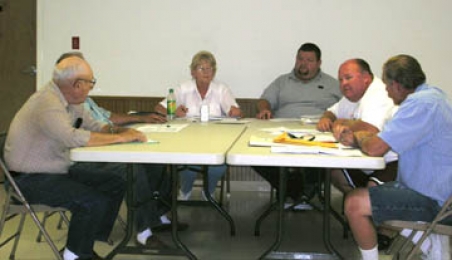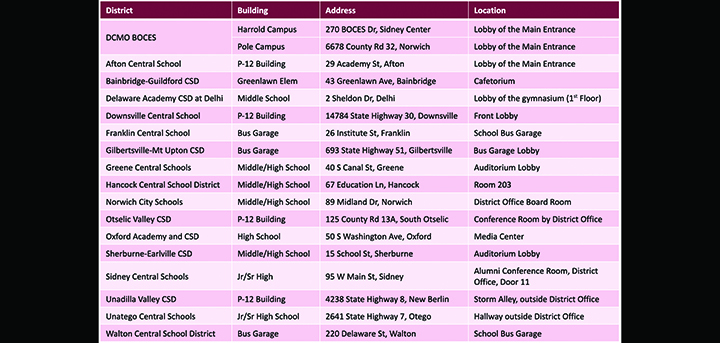Plymouth residents don’t speak up, town doesn’t pass junk ordinance
PLYMOUTH – A proposed local law that would regulate junk storage in the Town of Plymouth did not pass Monday at the town board’s monthly meeting, prompting a lengthy debate and the resignation of one of the law’s authors.
Following what was a silent public comment period, the five-member board, lacking one absent councilman, voted 2-2 on the regulations.
Prior to the vote, Councilman Robert L. Brown voiced his opposition to prohibiting junk accumulation.
“If I pay my taxes, why should I have to maintain my property to please others?” said Brown. “I understand if it creates health issues ... but how a property looks should be up to the property owner, not the public.”
Supervisor Jerry L. Kreiner said he had been in favor of the law, which prohibits junk and garbage piles visible from roads and adjoining properties, but voted against it with Brown after no Plymouth residents spoke out in support of it.
“We didn’t have any public comments,” Kreiner said. “As an elected official, I can’t, I won’t, enact a law that we don’t have any public comment on. Because (if there isn’t public comment) that means maybe my perceived problem with junk isn’t a problem to them.”
Although they did not speak up, there was support for the law among Plymouth residents, Councilman Dick Thompson contended.







Comments